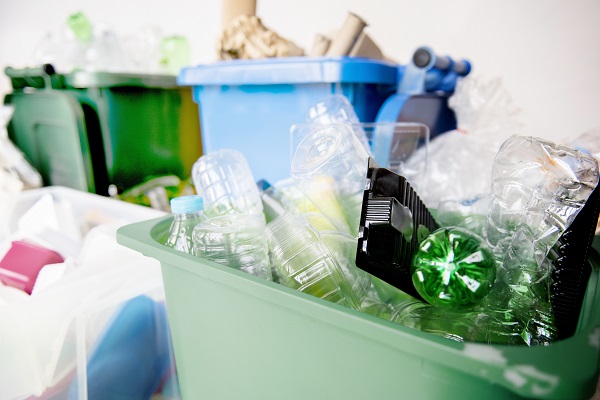Too Many Requests from Your Network
Please complete verification to access this content.
The Science of Polymers: Plastics and Eco-Friendly Options
Plastics take place everywhere in our lives. Whether its packaging food our packaging of our electronic devices plastics plays a major part, in this blog or guide, we will go through the world of polymer chemistry in order to gain an understanding of plastics and their alternatives.
What are Polymers?
Polymers are type of large molecules which are made up of repeating smaller units known as monomers. When monomers make a link together they form a polymer.
The Creations of Plastics
Most of the plastics are man-made. We call them synthetic polymers. The creation process of polymers includes chemical reactions, and this reaction is called polymerization. Polymerization can be categorized into two main types.
Addition Polymerization:- this method of polymerization is utilized to make common plastics such as polyethylene which is used in plastic bags and polystyrene which is used in disposable cups.in this process monomers add to each other without the loss of any molecules.
Condensation Polymerization:- this method of polymerization is used to create plastics such as nylon and polyester. In this process, monomers join together with the loss of a small molecule like water.
What are the common types of plastics?
Polyethylene (PE):- it is used in plastic bottles, bags and toys
Polypropylene (PP):- it is used in automotive parts, food containers and textiles
Polystyrene (PS):- it is used in foam cups, packaging materials and insulation
Polyvinyl Chloride (PVC):- it is used in pipes, medical services and flooring
The Environmental Impact
No doubt there are lots of uses of plastics but it significantly challenges the environment. Plastics do not break down naturally in environment it means plastics are not biodegradable. This will cause pollution especially in oceans where plastic waste disturbs marine life.
What are the Alternatives or Options Available for Traditional Plastics
To tackle the environmental challenges caused by traditional plastics, scientists have developed various alternatives.
Biodegradable plastics:- this type of plastic breaks down easily in the environment. They are made up of natural materials like cornstarch and sugarcane.
Bio plastics:- this type of plastic made up from renewable resources. They can either be biodegradable or non-biodegradable but lower environmental impact.
Recycling and Reuse:- improvement in recycling process and encouragement regarding reuse of plastic products can significantly eliminate the plastic waste.
Conclusion
To conclude we can say that polymer chemistry plays a pivotal role in the creation of plastics. By gaining the knowledge or understanding science behind the plastics and exploration of sustainable options we can better protect our planet.



